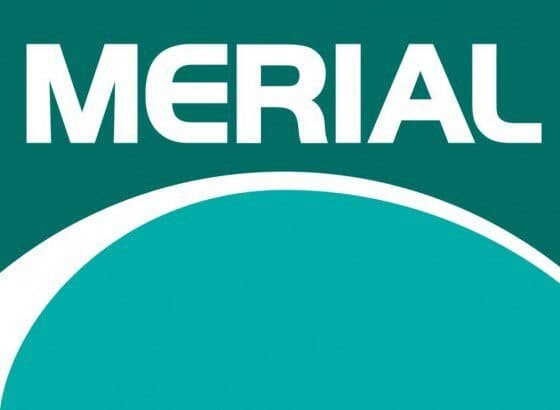Don’t Horse Around with Equine Drugs

Check out EquineDrugFacts.com First
True or False? Here’s a quick quiz to test your equine drug knowledge:
· FDA-approved drugs have been tested for safety and effectiveness.1
· It is legal for pharmacies to compound (make a change to) drugs in some cases.1
· Compounded versions of several FDA-approved drugs have been shown to be less effective than their approved versions.2
If you answered “True” to the above questions, congratulations! You’re already partway there when it comes to understanding the complicated landscape of equine drugs and healthcare products.
Curious to learn even more before putting another product in your horse’s mouth?
Now there’s help.
Horse owners can feel more confident about their horses’ health needs by learning more about what FDA-approval of a drug really means and how unapproved drugs may be putting their horses at risk. To help them, Merial has launched the website EquineDrugFacts.com.
“There are literally thousands of products available to horse owners via their veterinarian, on the Internet, at horse shows and through various retail outlets,” says Beckie Peskin, Senior Product Manager, Equine Marketing for Merial. “While manufacturers may be making claims about what these products can do, it’s vitally important that horse owners do some homework and make sure they are using products that have been proven to be pure, safe and effective.”
At the new website, horse owners can learn more about the differences between brand-name, generic and illegally manufactured drugs, as well as how nutritional supplements fit into the picture. The site also includes comprehensive information about why knowing the difference between these products is important and the value and peace of mind that FDA regulation adds.
“We always recommend horse owners consult their veterinarians when selecting products for their horses,” says Peskin. “But owners also have a responsibility to be knowledgeable about the products they are using. If they don’t treat their horses with products that have been proven to be safe and effective, the horses can potentially continue to suffer and the owners may be wasting time and money.”
What should be of particular concern to horse owners, says Peskin, is the number of drugs available that have not gone through the rigorous FDA approval process. Often, these products make claims that have not been proven.3-5 Horse owners should be especially wary of drugs claiming to be the “same as” or “having the same effect as” ULCERGARD®(omeprazole) and GASTROGARD®(omeprazole). ULCERGARD and GASTROGARD are the only FDA-approved products for the prevention6 and treatment,7 respectively, of equine stomach ulcers.
Horse owners should also be cautious when purchasing the drugs that are being sold as less-expensive versions of ADEQUAN®(polysulfated glycosaminoglycan), BANAMINE® (flunixin), Phenylbutazone, PROTAZIL® (diclazuril), REGU-MATE® (altrenogest) and PRASCEND® (pergolide mesylate) as there are a number of non-approved and untested versions of these drugs being marketed.
So how can a horse owner learn more about equine products? Visit the new educational resource www.EquineDrugFacts.com
For more information about ULCERGARD and GASTROGARD, visit www.ulcergard.comand www.gastrogard.com.
IMPORTANT SAFETY INFORMATION: CAUTION: Safety of GASTROGARD in pregnant or lactating mares has not been determined. ULCERGARD can be used in horses that weigh at least 600 pounds. Safety in pregnant mares has not been determined.
®GASTROGARD and ULCERGARD are registered trademarks of Merial Limited. All other marks are the property of their respective owners. ©2012 Merial Limited, Duluth, GA. All rights reserved. EQUIUGD1233 (06/12)
1Animal Health Institute, American Veterinary Medical Association, American Veterinary Distributors Association. Veterinary Compounding. Available at: http://www.aaep.org/siteadmin/modules/page_editor/images/files/AHI%20 Compounding.pdf. Accessed June 6, 2012.
2Pail A, Ganguly S, Surana S. A systematic review of benzimidazole derivatives as an antiulcer agent. Rasayan J Chem. 2008;1(3):447-460.
3Canada Generic Website. http://www.canadageneric.com/index/dfm.fuseaction/product.display/pn/
ulcergard/product.display/pn/ulcergard/product.id/9697.htm.Accessed June 6, 2012.
4Omeprazole Direct Website. http://equine.omeprazoledirect.com/.Accessed June 6, 2012.
5OTCVEtMeds Website. http://www.otcvetmeds.com/equine-stomach-ulcers/gastrogard.html. Accessed June 6, 2012.
6ULCERGARD product label.
7GASTROGARD product label.















